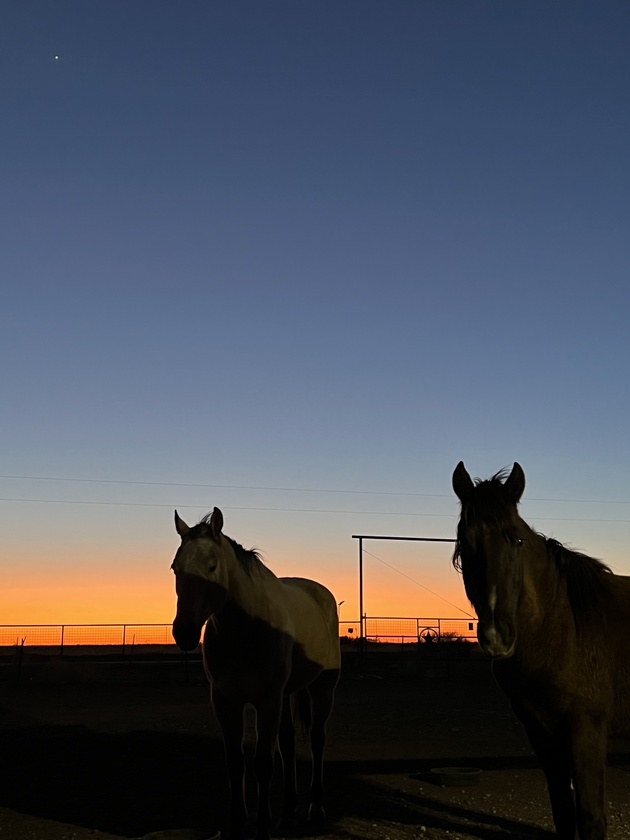I have spent 3 days in rural Texas. It's completely different from California -- flat as far as the eye can see, as the Great Plains roll from horizon to horizon. And there's a kind of freedom here -- the ability to do basically what you want, however you want.
That includes the freedom to do some things that ought not be done. We drove by a new suburban housing development that was... super ugly. Identical homes, bunched close together, no character at all, barely any space between the homes -- with so much space around!
I'd call that the downside of Texas. (That, and the heat and humidity in the summer, plus the cold in the winter.) I was reminded of the downside of California, too, when we were working with a tractor and had to remove a device that was required by California regulations.
This device is theoretically supposed to stop gasoline from spilling, in accordance with California law. But it doesn't work, so tractor owners remove it, meaning there is more spillage than there would have been otherwise. I guess you could call that "California stupid."
The orderly life envisioned by California's utopian politicians and is falling apart, because it's not really something made for human beings. (It's also expensive.) Texas is thriving economically -- but it's not the easiest place to live. You have to have some patience.
I wonder if this whole Texas vs. California distinction is even worth observing anymore, given that we are all seeing so more and more of our economy to be dictated by China. Will we raise up our own ways of life, or start building our lives around a new, distant metropole?

This week’s portion launches the great story of Abraham, who is told to leave everything of his life behind — except his immediate family — and to leave for “the Land that I shall show you.”
There’s something interesting in the fact that Abraham is told to leave his father’s house, as if breaking away from his father’s life — but his father, in fact, began the journey, moving from Ur to Haran (in last week’s portion). His father set a positive example — why should Abraham leave him?
Some obvious answers suggest themselves — adulthood, needing to make one’s own choices, his father not going far enough, etc.
But I think there is another answer. Abraham (known for the moment as Abram) needs to establish his own household. This is not just about making one’s own choice, but really about choosing one’s own starting point. It’s starting over.
Sometimes we start over in fundamental ways even if much that surrounds us remains the same. Sometimes the journey we have to ...
The story of Noah is familiar; the details, less so.
Noah is often seen as an ambivalent figure. He was righteous -- but only for his generation. What was his deficiency?
One answer suggests itself: knowing that the world was about to be flooded, he built an Ark for the animals and for his own family -- but did not try to save anyone else or to convince them to repent and change their ways (the prophet Jonah, later, would share that reluctance).
Abraham, later, would set himself apart by arguing with God -- with the Lord Himself! -- against the destruction of Sodom and Gomorrah, saying that they should be saved if there were enough righteous people to be found (there were not).
Still, Noah was good enough -- and sometimes, that really is sufficient to save the world. We don't need heroes every time -- just ordinary decency.
Hi all -- as I noted last month, I'm going to be closing down my Locals page, at least for tips and subscriptions -- I may keep the page up and the posts as well, but I'm no longer going to be accepting any kind of payment.
Look for cancelation in the very near future. Thank you for your support!












